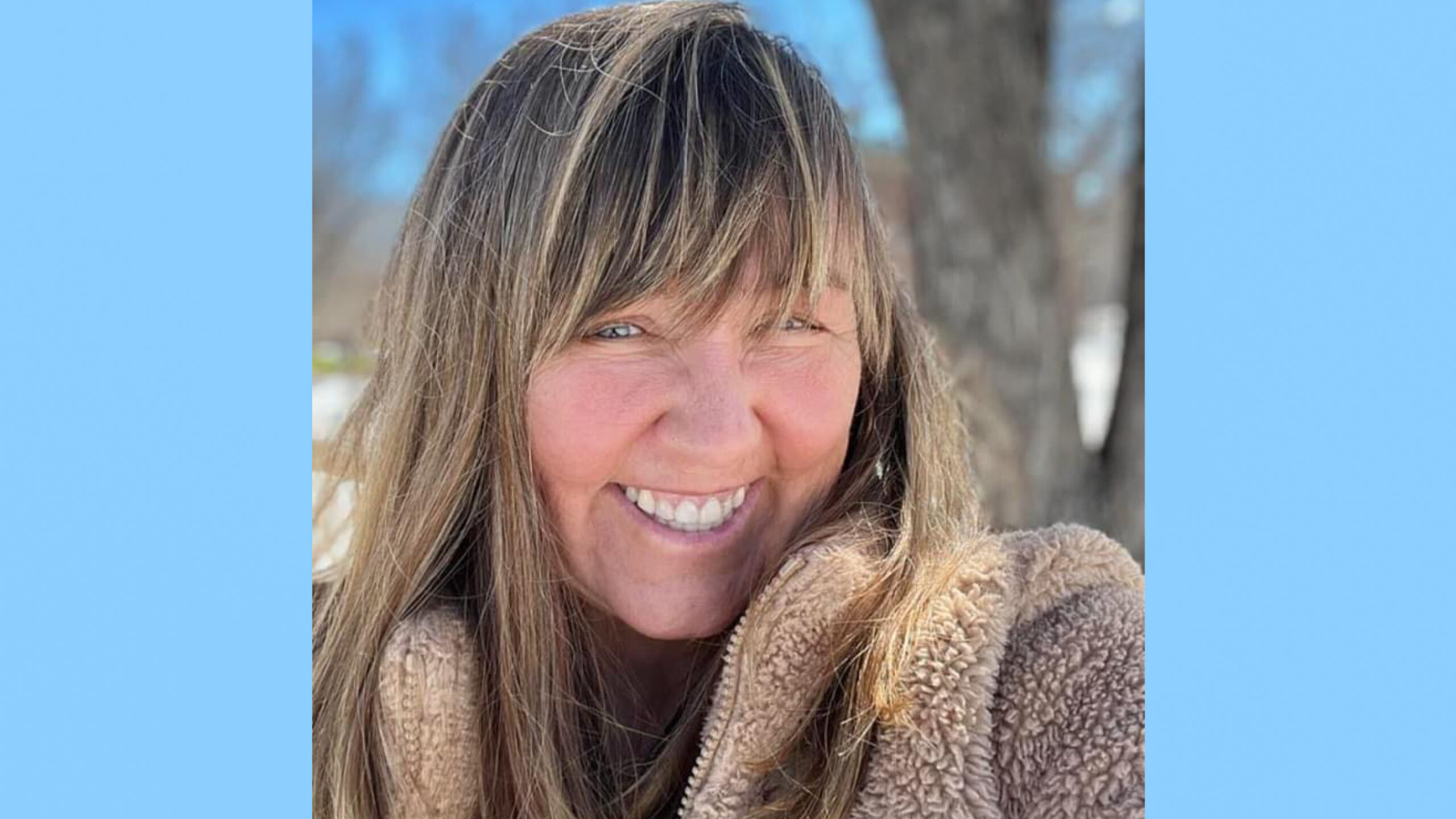Students can often be intimidated by their professors and may need help approaching them. Through this ongoing series, the Omega will introduce students to several professors at TRU, uncovering the humanity and personalities of our educators.
Often, in academia, there may be various professors who stand out not only for their scholarly achievements but also for the profound impact that they have on students. University instructor Amy Tucker is known by TRU students for not only her passion for teaching but also her dedication to nurturing student growth and advocating for different communities.
As an instructor and open-learning faculty member at TRU, Tucker instructs on topics such as human resource management for tourism, business ethics and strategic leadership in organizations. In addition to teaching, Tucker is also a member of the Non-Regular Faculty Committee, the Women and Gender Equity Committee, and the Decolonization, Reconciliation, and Indigenization Standing Committee of the Federation of Post-Secondary Educators of British Columbia (FPSE).
Tucker’s journey in academia began with a vision.
“When I first started my journey into education, I quickly understood that I wanted to teach but decided to go into academia,” she said. This decision enabled her to partake in both teaching and academic research. Tucker pursued a bachelor’s degree, followed by a master’s and a doctorate, focusing on methods to Indigenize the curriculum.
With a strong background in organizational behaviour and leadership, Tucker found an opportunity to apply to teach at TRU. “When a course in organizational behaviour was posted at TRU, I was encouraged to apply for it,” Tucker said. “I worked with youth at risk, people recently released from prison, and those with drug addictions or homelessness issues.”
This community work opened her eyes to some of the systemic issues that affect different communities.
“I realized I needed to advocate for those who are vulnerable,” Tucker said. Her passion and commitment led her to focus on equity, inclusivity, and bringing diverse perspectives into her curriculum. “My doctorate is very much focused on inclusivity and making the curriculum more inclusive—not just from a Western perspective.”
According to an international student, Pamela Maguwu, “[Amy] is an easy-going person, very accommodating and understanding. She uses the hybrid teaching style, which makes life easier, especially for international students.”
The impact of Tucker’s flexible educational approach seems to resonate with other students at TRU, including Adrian Chiwara, who said, “This professor has significantly impacted my academic journey by encouraging me to think critically and challenging me to push my limits in my studies.”
To this day, Tucker uses different educational strategies to address inclusivity. An example is in her Leadership class, in which Tucker assigns an intersectionality assignment based on a theoretical framework by Kimberlé Crenshaw, which helps students understand the importance of intersectionality in social justice.
The storytelling component of the leadership course, rooted in Indigenous cultures, is another method Tucker uses in teaching. “They can do storytelling in any way they desire—whether it’s a traditional research paper, video, podcast, or even a comic book,” Tucker said.
Incorporating Indigenous literature into her curriculum, Tucker emphasizes the importance of cultural sensitivity and respect in her teaching. “Quite often, students ask, ‘Why do we do land acknowledgments?’ and I think that’s a good starting conversation for every class,” Tucker said.
Reflecting on a busy schedule, academia and personal life, Tucker shared some thoughts on her weekly routine. “I train six times a week and then do time boxing…I guess the last thing is knowing how long it will take to spend time with family [and] friends and to travel—and to make those experiences meaningful. There is one day a week when I do absolutely nothing, so whatever happens that day happens. I might watch Netflix, go out for dinner, do grocery shopping, or do something interesting,” Tucker said.
At the core of Tucker’s teaching principles is the value of forming and maintaining connections. “Since my younger years, I have been lucky to have mentors who believed in me, so I try to pay it forward by connecting with people and empowering them to be successful,” Tucker said.
Having worked with diverse demographics, including individuals with challenges related to gender identity, Tucker has deepened her commitment to diversity and inclusivity in her teaching and interactions.
“Sometimes they see me as a mother figure, and if that’s what they need, I can be that,” Tucker said.
For Tucker, a key to personal and professional achievements is setting ambitious goals. “You have to create ridiculous and audacious goals that seem so beyond anything that you can conceive,” she advises. Her passion for triathlons and commitment to physical fitness reflects her belief in setting goals and embracing challenges. “I have been on Team Canada for the past three years, competing at the international world championship for my age group,” Tucker said.
Tucker leaves students with an empowering message: “No matter where you are today, it’s going to get better.”
The Omega’s Professor Spotlight is a series where we reintroduce you to some of the university’s most popular faculty members. If you would like to nominate a professor, lecturer, or sessional instructor for their own Professor Spotlight, you’re encouraged to email the Omega’s arts editor, Augustus Holman, by email at auggietaylor6284@gmail.com.

